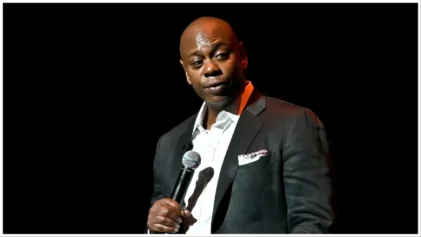Even as Russia pledged to work with the U.S. to bring an end to the Syrian civil war, it was in the process of selling advanced ground-to-air missile systems to Syria that would make U.S. and Israeli intervention far more difficult , according the Wall Street Journal.
The news of the imminent sale came from Israel via a warning to the U.S., the Journal reports.
Israel told the U.S. that the government of President Bashar al-Assad is trying to purchase S-300 missile batteries, which can intercept both manned aircraft and guided missiles and track and fire missiles at multiple targets.
According to the New York Times, the system, which is regarded as highly effective, would limit the ability of the United States and other nations to operate over Syrian airspace or impose a no-fly zone.
“There are concerns that this might happen,” a senior U. S. official, who spoke on the condition of anonymity, told the Times.
Israel told the U.S. that Syria has been making payments on a 2010 agreement with Moscow to buy four batteries for $900 million, citing financial transactions from the Syrian government, including one made this year through Russia’s foreign-development bank, known as the VEB.
The sale would include six launchers and 144 operational missiles, each with a range of 125 miles. The first shipment could come over the next three months and be concluded by the end of the year. The Journal reports that Russia is also expected to send two instruction teams to train Syria’s military in operating the missile system, the Israelis say.
This activity between Russia and Syria comes as U.S. Secretary of State John Kerry and Russian Foreign Minister Sergei Lavrov announced that the two countries will try and work together to help bring a political solution to Syria’s raging civil war. The announcement followed several hours of meetings—including one lasting more than two hours with Russian President Vladimir Putin.
Kerry and Lavrov agreed to organize an international conference to be held as soon as the end of this month— following up last year’s Geneva Conventions. They agreed that Russia and the United States would work to pressure Assad and the Syrian opposition to negotiate a political solution that will include a governing transitional body that will have “full executive power” to replace the current government.
Russia believes foreign governments should not get involved in the Syrian conflict, which it sees as a “domestic issue”—yet it has deep ties to Assad, whose ouster would not necessarily be in the best geopolitical interest for Russia. Along with China, Russia has blocked three separate U.N. Security Council resolutions on Syria.
But the U.S. feels Assad must go and doesn’t believe there is room for him in a free and democratic Syria.
Russian officials didn’t immediately return requests to comment on the impending sale of arms systems. The Russian Embassy in Washington has said it doesn’t comment on arms sales or transfers between Russia and other countries.


